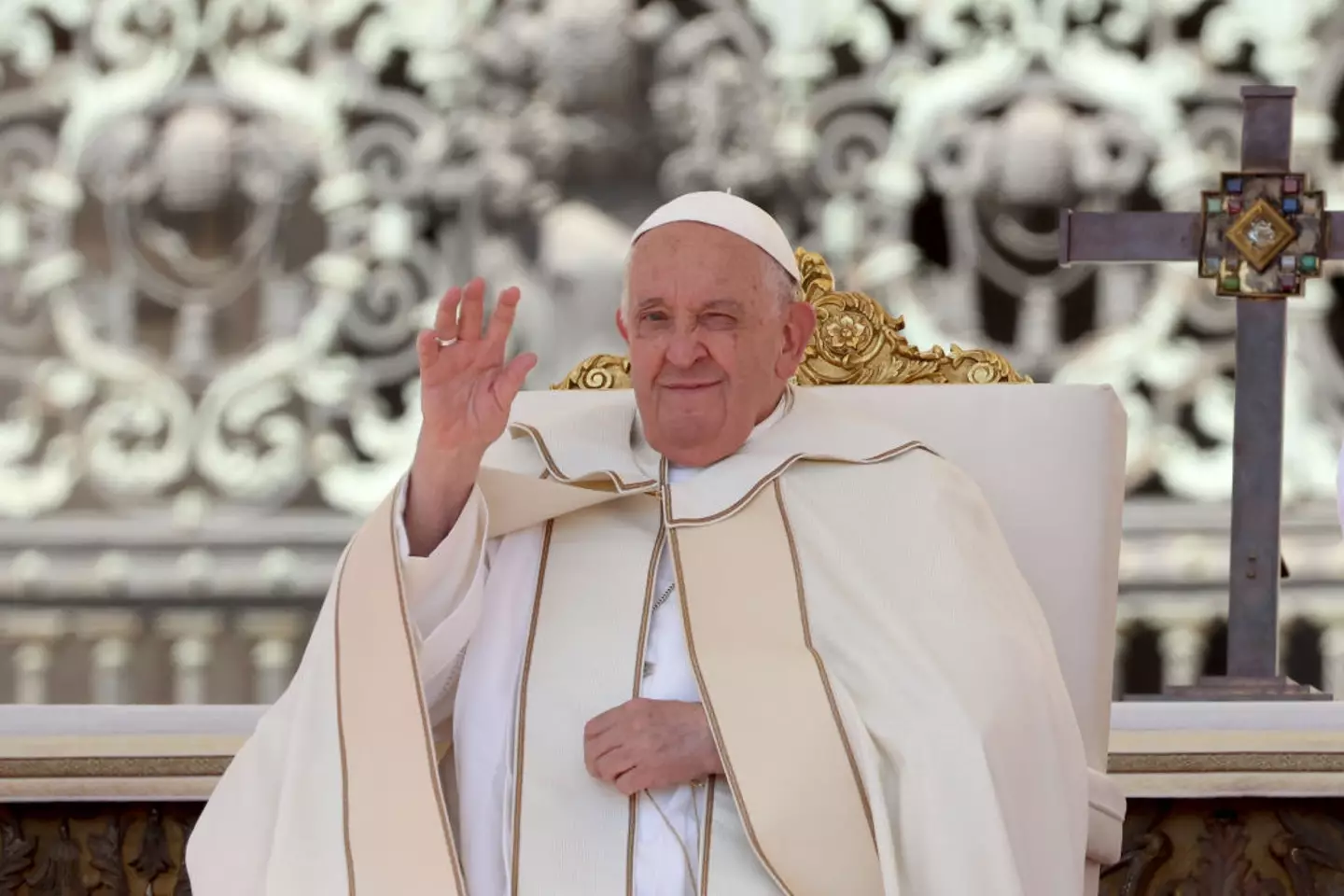Why women aren’t eligible to become the next Pope as Pope Francis dies aged 88
The next new pontiff to following in Pope Francis’ footsteps probably won’t be a woman due to a centuries-old tradition.
Who will take on the role as the Holy Father at the Head of the Roman Catholic Church after the death of Pope Francis, real name Jorge Mario Bergoglio, on Easter Monday (April 21) is what most of the world is wondering and is yet to be determined.
And while the Papal Conclave aren’t due to deliberate on candidates until at least 15 days have passed, and will do so in secret while locked in the Sistine Chapel, we already know the new Pope will be a man – as all 138 eligible candidates are male.
Despite his liberal approach, Francis stood pretty firm on his reasoning why women can’t ever take over the coveted place.
In theory, any baptised male in the world could be considered for election, although in practice, the Conclave often choose a serving cardinal.
The rules stipulate the man cannot be married and is recognised already as a priest, bishop, deacon, layman or cardinal.
And it’s here why baptised women are not offered the same possibility – because the Catholic Church does not permit women to become ordained priests.
It’s a tradition that has stretched the ages throughout the reign of all 266 popes from the 13th century.
The news may come as a shock considering Pope Francis was no stranger to breaking tradition since his election in 2013, giving up his papal salary and opting to live in the Domus Sanctae Marthae, a humble church guest house, as opposed to the grand Apostolic Palace.
The Argentinian cardinal, who chose his papal name in honour of Sant Francis of Assisi, also became known as the progressive Pope for his liberal attitudes on issues from climate change to LGBTQ+ rights. He pushed for other reforms like giving more roles to women in high-ranking Vatican positions and went on to appoint more non-European cardinals than any of the Popes before him in his vision for a more inclusive Catholic Church.
And even in death, he is continuing to challenge norms by being buried outside the Vatican.
But allowing women to become ordained was never on his agenda, instead stressing to America Magazine that women have a different but equally important role to play in the Church.
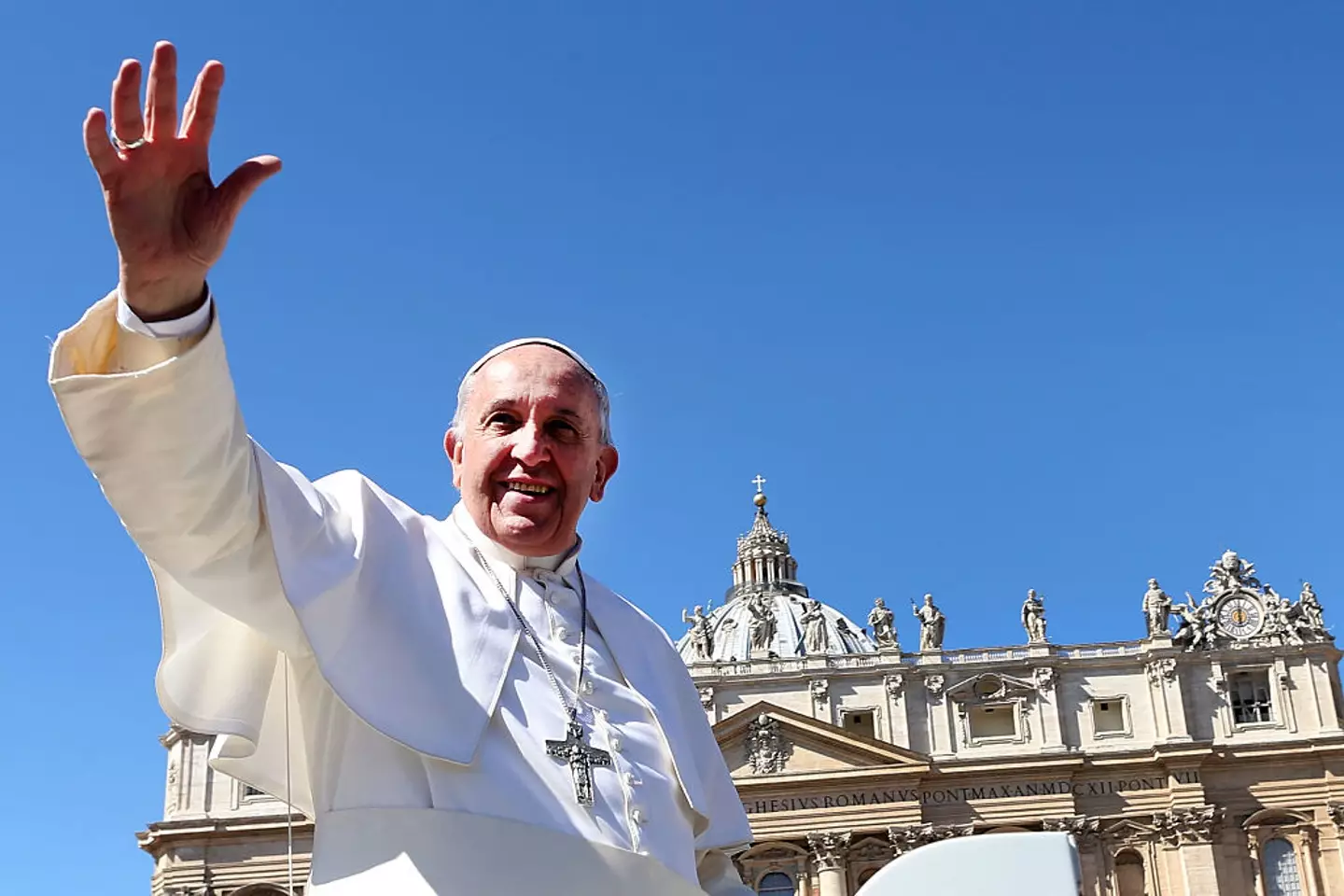
He was no stranger to breaking some traditions (Franco Origlia/Getty Images)
When asked by a reporter about why women can’t be ordained, he replied: “And why can a woman not enter ordained ministry? It is because the Petrine principle has no place for that,” reports the Catholic News Agency.
He continued to explain how the Church ‘is woman’ and ‘is a spouse,’ with the religion yet to develop a ‘theology of women that reflect this’ before highlighting the existing Marian principle of femininity.
“Therefore, that the woman does not enter into the ministerial life is not a deprivation. No. Your place is that which is much more important and which we have yet to develop, the catechesis about women in the way of the Marian principle.”
He also hinted ‘the administrative way’ could present a path for women where he admitted: “In this aspect, I believe we have to give more space to women.”
He also said women do ‘better’ at managing things, remarking his appointment of five women a ‘revolution’ in certain roles.
“For this reason, the advice of a woman is very important, and the decision of a woman is better,” he said.
So perhaps there is hope after all…
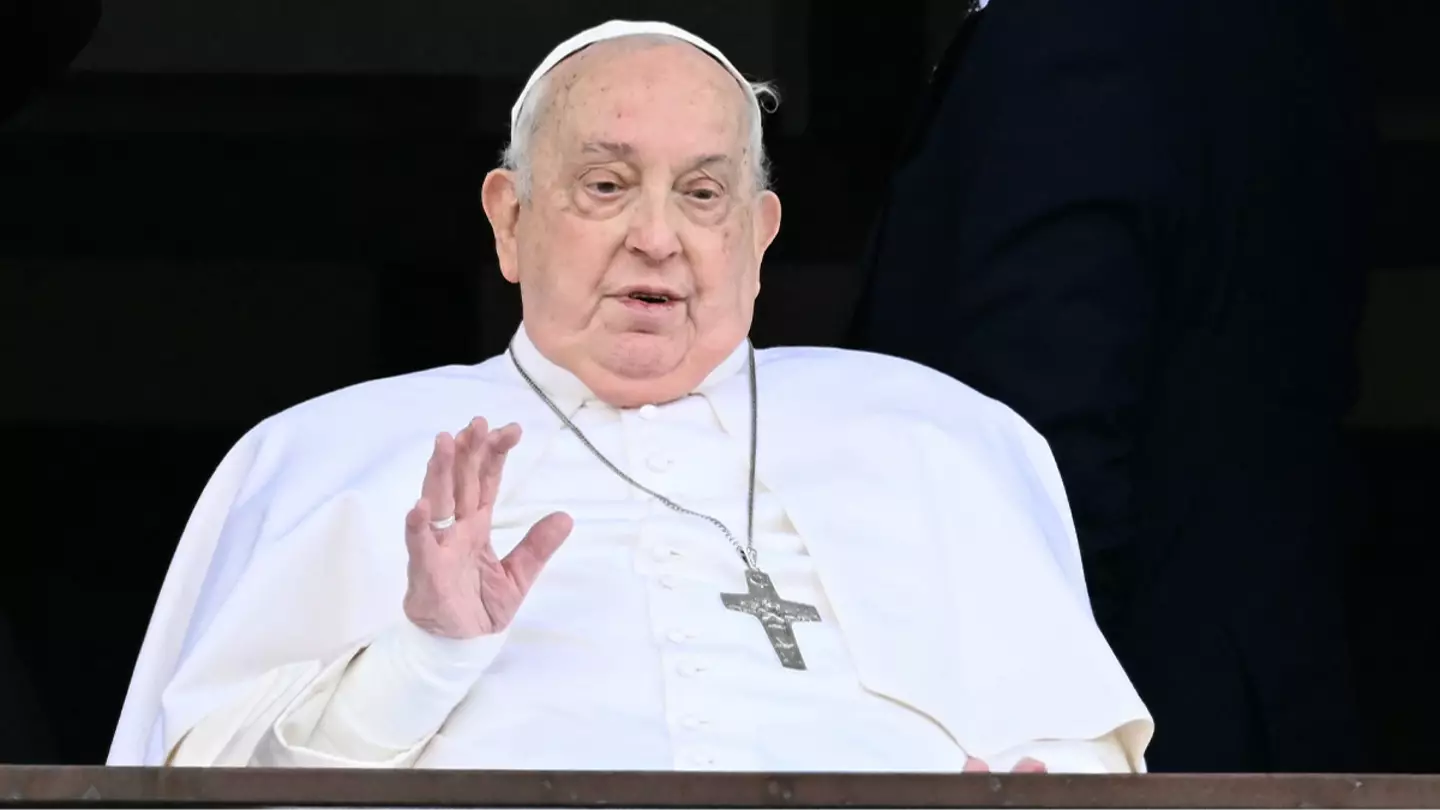

There is a lengthy and somewhat secretive process involved in electing a new pontiff in the wake of Pope Francis’ death.
Earlier today (Monday, April 21), the Vatican confirmed the Holy Father and head of the Roman Catholic Church has died.
Pope Francis, whose real name was Jorge Mario Bergoglio, was elected to be pope in March 2013, and died after a brief health battle with a respiratory infection.
Now, there will be a lengthy period while the pope is laid to rest and respects are paid to the late pontiff, which includes nine days of mourning, before a new pope is chosen to take his place.
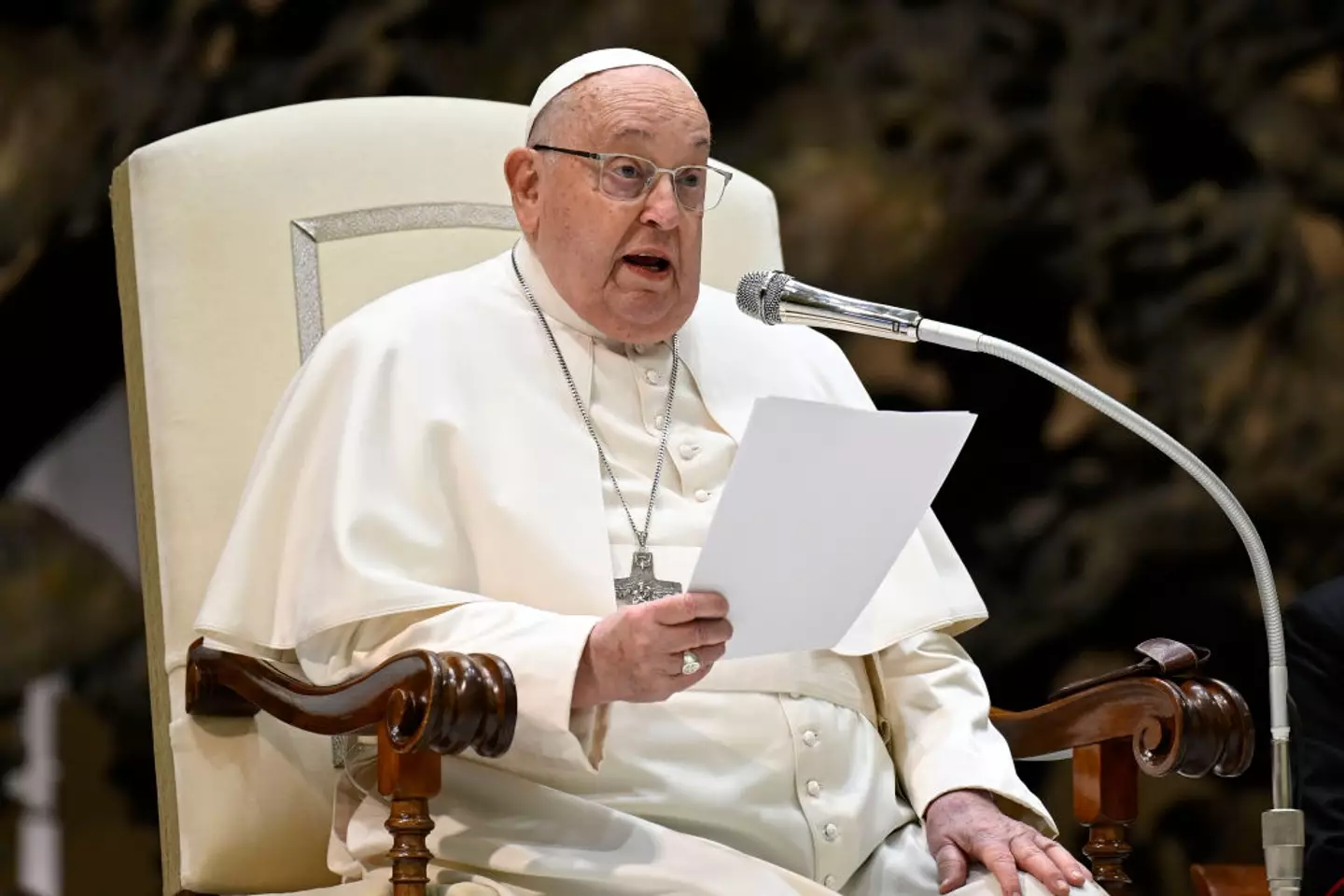
The pope died after a health battle on Monday (Vatican Media via Vatican Pool/Getty Images)
The College of Cardinals, a group made up of the Catholic church’s most senior figures as appointed by the late pontiff, are tasked with choosing the next pope under a veil of secrecy.
There are more than 220 cardinals from more than 70 countries but only about 120 are cardinal electors, two-thirds of whom were chosen by Francis over the course of the last decade.
It is believed the group share the late pontiff’s vision for a more inclusive church.
The group will make their way to Rome in the next few days for the conclave, which comes from the Latin ‘cum clave’ which translated to ‘with key.’
Once gathered and the words ‘extra omne’ are uttered, meaning everyone out, they meet under Michelangelo’s ceiling in the Sistine Chapel and lock the doors to deliberate on their choices.
They swear an oath of absolute secrecy for the discussions and are prohibited from speaking to anyone else while the election process goes on, only allowed to sleep and eat in the nearby hostel, St Martha’s house where the late pope lived for 12 years.
To this end, their phones are taken away and they have no newspapers or televisions, and they cannot receive letters or messages.
The chapel is also searched for any listening devices ahead of the conclave.
They vote each day, morning and afternoon, until eventually a candidate wins a two-thirds majority.
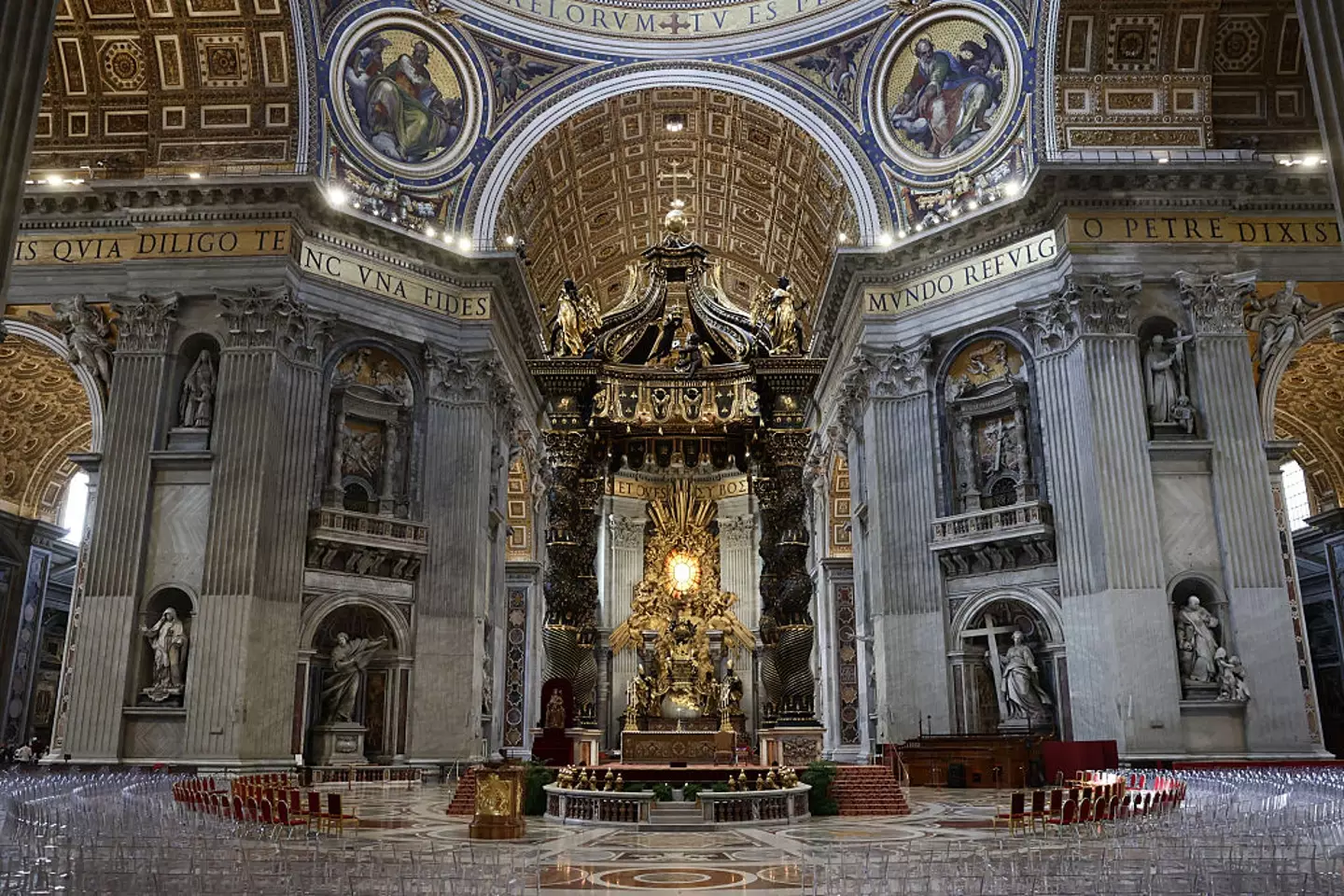
It’s a secret process (Jakub Porzycki/NurPhoto via Getty Images)
They then have a day’s break for prayer and reflection after seven ballots is made, and if there is no conclusive result after 30 ballots, a new pope will be elected on a lower boundary of a simple majority.
The ballot cards are also burned during the voting, with chemicals added to them to make the smoke burn black or white.
Black indicates there was an inconclusive ballot while white smoke announces to the world that a decision has been made.
The longest papal conclave was in 1922, where the group took five days to choose.
Any baptised man can be considered for election, although a serving cardinal is often chosen.
The successful candidate is then asked if he accepts election and his new name as pontiff, from which the dean of the cardinals announces to the world the new pope from the balcony of St Peter’s Basilica.
Meanwhile, Pope Francis, as what was somewhat his style as head of the Church, revealed in an interview in 2023 that he would go against tradition and will be laid to rest in the basilica of Santa Maria Maggiore in Rome.
He was also the first pope to have been born or raised outside Europe since the Syrian Pope Gregory III, some 1,200 years ago, after being born in Argentina.
Francis was praised during his lifetime for his progressive attitude and humility, from the war in Ukraine to the climate emergency, global injustice and refugees and even LGBTQ+ rights, and many believe the new pope will share these similar views.
